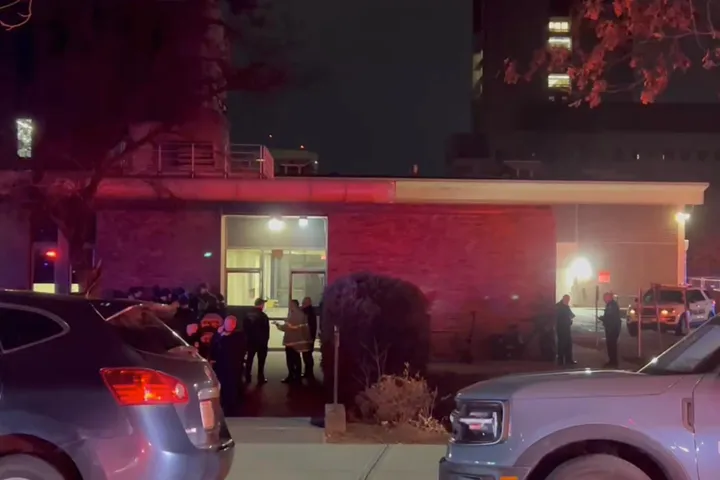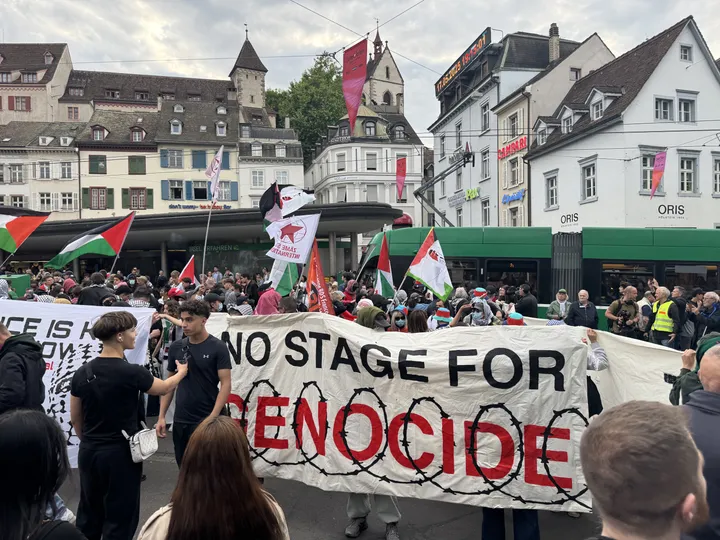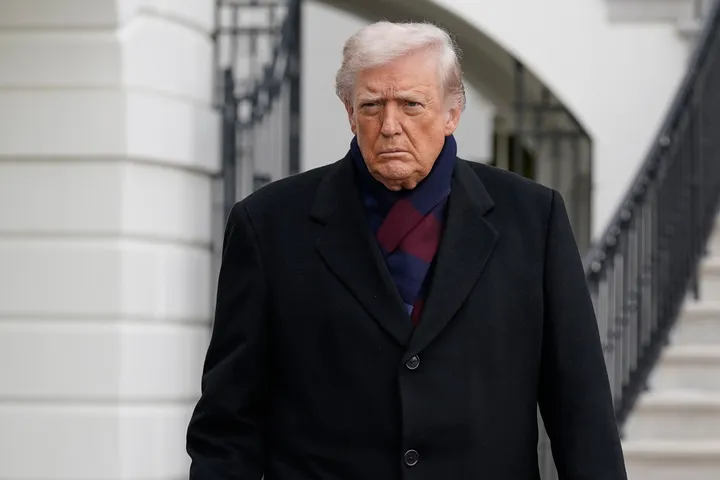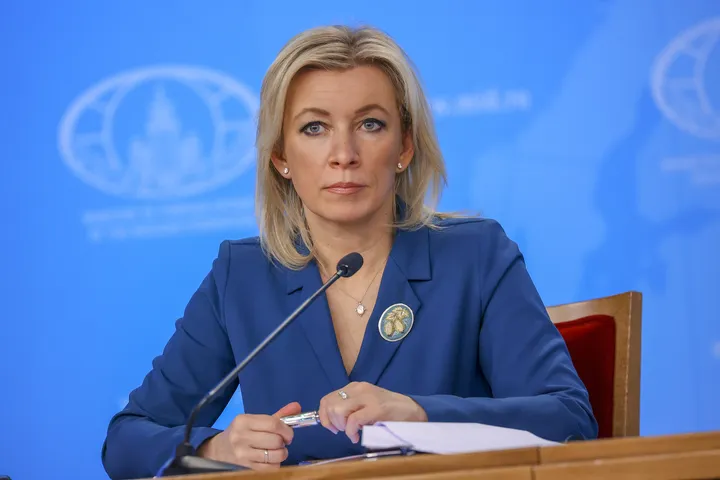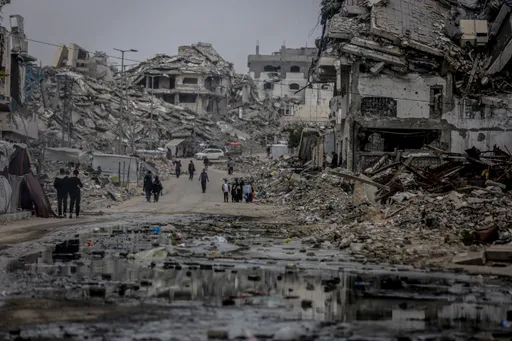Thousands rallied in Hong Kong for a second day on Sunday, in an area popular with mainland Chinese shoppers, as deep-seated anger and frustration at the government's handling of an extradition bill refuses to dissipate.
The protest that began at about 0700 GMT (1500) in the northern district of Sha Tin was peaceful throughout most of the day. But some scuffles broke out after nightfall, when police with helmets and shields started clearing streets in the densely crowded area of high-rise buildings.
Hundreds of protesters, many wearing helmets and surgical masks, retreated into a shopping complex, where some threw umbrellas and water bottles at police.
Police followed them, and reporters could see the two sides along walkways of several floors of the complex hitting each other with umbrellas and grabbing each other's helmets.
Journalist Joel Labi has more from Hong Kong.
'Free Hong Kong'
A few protesters waved British and American flags, with banners calling for independence for Hong Kong flying from makeshift flagpoles. Some marchers beat drums and others carried banners that read, "Free Hong Kong."
Chants of "Carrie Lam go to hell," rang through the crowd, referring to the city's embattled leader.
The protests have fuelled the former British colony's biggest political crisis since China regained control of Hong Kong in 1997 and pose a direct challenge to authorities in Beijing.
The focus of the rallies has veered occasionally from the extradition bill, which would allow people to be sent to mainland China for trial, to broader issues fuelling tension between Hong Kong people and mainland Chinese.
On Saturday, a largely peaceful demonstration in a town close to the Chinese border turned violent, as protesters hurled umbrellas and hardhats at police, who retaliated by swinging batons and firing pepper spray.
Threat to rule of law
Critics see the now-suspended bill as a threat to the rule of law in Hong Kong. Chief Executive Carrie Lam has said it is "dead", but opponents say they will settle for nothing short of the bill's formal withdrawal.
They are also demanding that Lam step down and seeking an independent investigation into complaints of police brutality.
Hong Kong returned to Chinese rule 22 years ago under a "one country, two systems" formula that allows its people freedoms not enjoyed in mainland China, including the liberty to protest and an independent judiciary.
Beijing denies interfering in Hong Kong affairs, but many residents worry about what they see as an erosion of those freedoms and a relentless march toward mainland control.
More than 23.6 million mainland Chinese visited Hong Kong in the first five months of this year, government data show, up 17.5 percent from a year earlier, and equivalent to at least three times Hong Kong's population of 7.4 million.
The government condemned violent acts during Saturday's protests against so-called "parallel traders" from the mainland who buy goods in bulk in Hong Kong, to carry into China for profit.
It said that during the last 18 months it had arrested 126 mainland visitors suspected of contravening the terms of their stay by engaging in parallel trading, and barred about 5,000 mainland Chinese also suspected of involvement.
Earlier on Sunday, hundreds of journalists joined a silent march to demand better treatment from police at protests.

